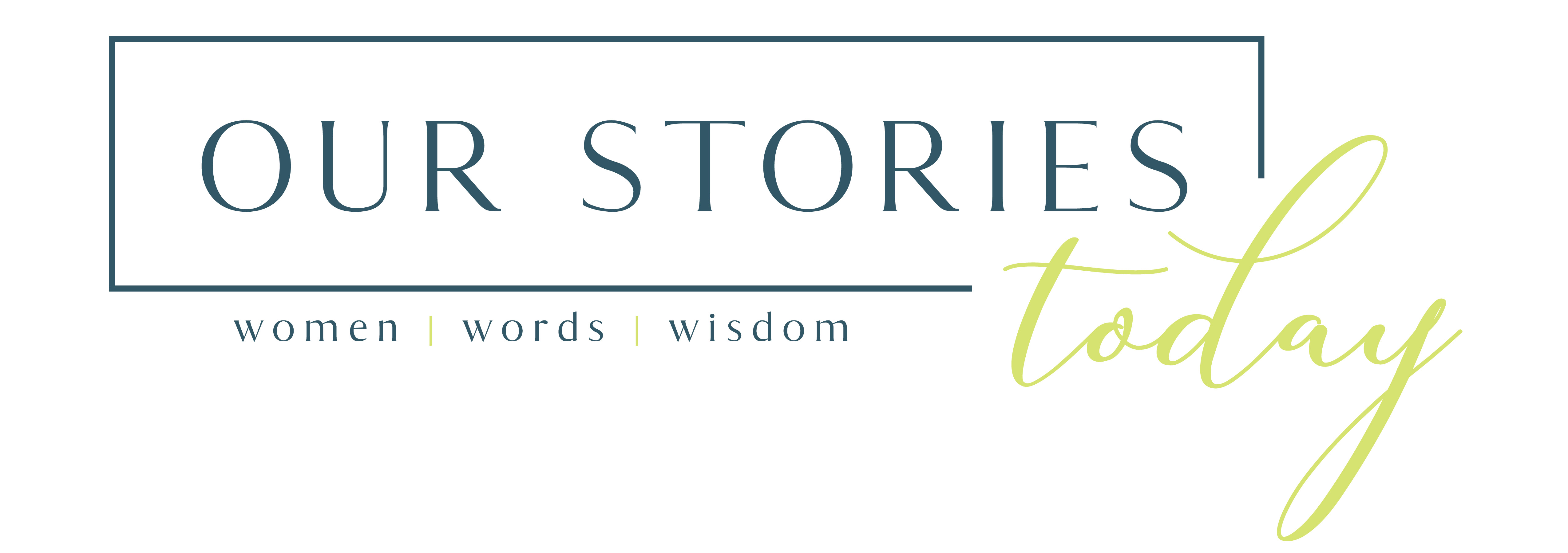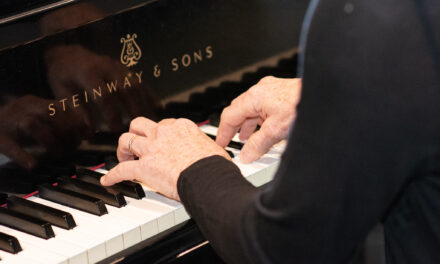I was lying down, sound asleep, when I was tugged to wakefulness. The pain began in my upper left shoulder and was so uncomfortable, I wanted to get away from my body. I sat up and the pain intensified. Was I having a heart attack?
I was lying down, sound asleep, when I was tugged to wakefulness. The pain began in my upper left shoulder and was so uncomfortable, I wanted to get away from my body. I sat up and the pain intensified. Was I having a heart attack? My husband was asleep next to me. I tried lying down again, only to instantly sit up before waking him. I was dizzy and talking was an effort through the burning, vise-like pain. My neck was wet with sweat and the room began to spin. Was this a medical emergency? Rob helped me to the floor, saying “Should I call someone? Robin, should we call 911?” I said, “Just give me a minute.”
The floor was cool and as my body touched its surface, the pain began to fade, leaving behind only complete exhaustion. At some point, Rob helped me back to bed and I passed into sleep quickly.
This was Sunday night, and when I woke Monday morning, preparing for a client visit, the magnitude of what had happened slapped me hard. A similar incident had happened when I was at my daughter’s home, the day I arrived, though it had not been as painful.
Both times, I tried to rationalize the experience. I decided to not be too much of a bother. I waited to see what would happen.
What had happened to me? What did this pain mean? In my moments of intense pain, I had suspected I might be having a heart attack, but I also had a voice inside my head saying, “Oh Robin, don’t be so dramatic!”
I turned to Google, and the advice was clear, an emergency room visit was important just in case.
So, I spoke with a doctor at Kaiser and she was no nonsense, telling me I had to go to the ER to rule out a heart event. “But I have no symptoms now,” I said. She told me that the only way to rule out a potential heart attack was to get some tests, so off I went, chastised and feeling a bit foolish at how I had ignored the potential severity of this incident.
And then I began to feel frightened. As I walked to my car from my client, I began to shake. By the time I was behind the wheel, the fear crept in, wrapping and tightening herself around my body like a boa constrictor.
I needed to talk to someone before my anxiety took over. My husband was in the midst of a massage. So I called my mother saying when she answered, “I just need you to calm me down,” before beginning to sob.
I was frightened. What if?
Women have much against them when it comes to heart attack and die at alarmingly higher rates than men. We tend to wait longer to get to the hospital, have different symptoms and some surmise that because we have such a high load as caretakers, we ignore events that should not be ignored.
I am not what you might call, someone who is laid back and chill. Stress and anxiety are real things I experience on a daily basis. I’ve been told, “it’s in your head,” or “you are over sensitive,” or “just relax.” When the same thing is said to you over and over again by people you look up to, you tend to absorb those statements. You begin to sense, hey, they must be right. I’m just too sensitive and maybe I should ignore this.
The emergency room visit, in the long run, was exactly what I needed. Blood work and EKG’s all showed no evidence of a heart event. This left me with uncertainty as to what caused my pain, but at least I knew that the thing that could kill me had not happened. My medical care team and I are now exploring the possibility of a nerve impingement or some sort of brachial plexus issue.
This is not the first time I’ve been hesitant to go seek emergency care. In 2015, I had an event that seemed to be a gallbladder attack. Rob and I were enjoying a long a motorcycle ride in the mountains when my abdomen was seized by pain. Despite the intense and unrelenting pain, I was resistant to the thinking that this was real. My most recent events have, I hope, changed my thinking.
Some women are adept at playing down the intensity of their pain, are skilled at doing their best to not put others out, and unwilling to scream loud and clear that they are in the midst of an emergency.
Women may believe they should not command attention. But we should.
Our lives may depend upon it.






I appreciate your words on contemplating a medical emergency. I few years ago I was attended a week long training I’d wanted to do for many years. One night when I was in bed I felt a strong pain in my chest. I wondered if I was having a heart attack but thought of all the times I’d heard of people going to the ER for chest pain and being told it was just indigestion. The training tool place in a remote area on a California mountain top, far from any hospitals, I did not have a car and I refused to miss a minute of the program because I was so excited to finally be there and it had cost a lot of money. So I tossed around in my bed for hours trying to find a position that relieved the pain and make breathing easier. We were spending a good 12 hours a day in the training and I knew there were about 20 doctors among the 200 or so of us in the training. I figured if anything happened to me during the class over the next few days, one of them would do something. the pain returned the next night and to a lesser extent again the night after but I felt fine during the days. Something seemingly random and very unlikely happened in the first hours of the training (I learned a participant there had witnessed my father’s rather dramatic death in NY months earlier) I was sure learning of that coincidence caused stress and contributed to what was happening to me at night. I decided if I lived through what ever was happening I would find some antacids when I got to the airport in San Francisco in a couple of days to see if that fixed it the problem… Stubborness knows no limits.
I understand Lisa! I hope you uncovered what caused the pain, especially since it lasted so long! We women need to become better advocates for our medical health somehow. While I was fine, I shudder to think what might have happened if I was suffering a heart attack. Ironically, the ER was the best place for me because I learned my pain was NOT a heart event.
I agree that it’s difficult to seek help when you think you’re having a heart attack. i once had chest pains while i was shopping, but my fear of being the center of attention, if I called for an ambulance, outweighed my fear of death. I guess you could say that I could have died from embarrassment.
I completely understand, Kathy! This entire experience has me curious about how reluctant we women are to ask for attention. I want to continue to explore this topic.